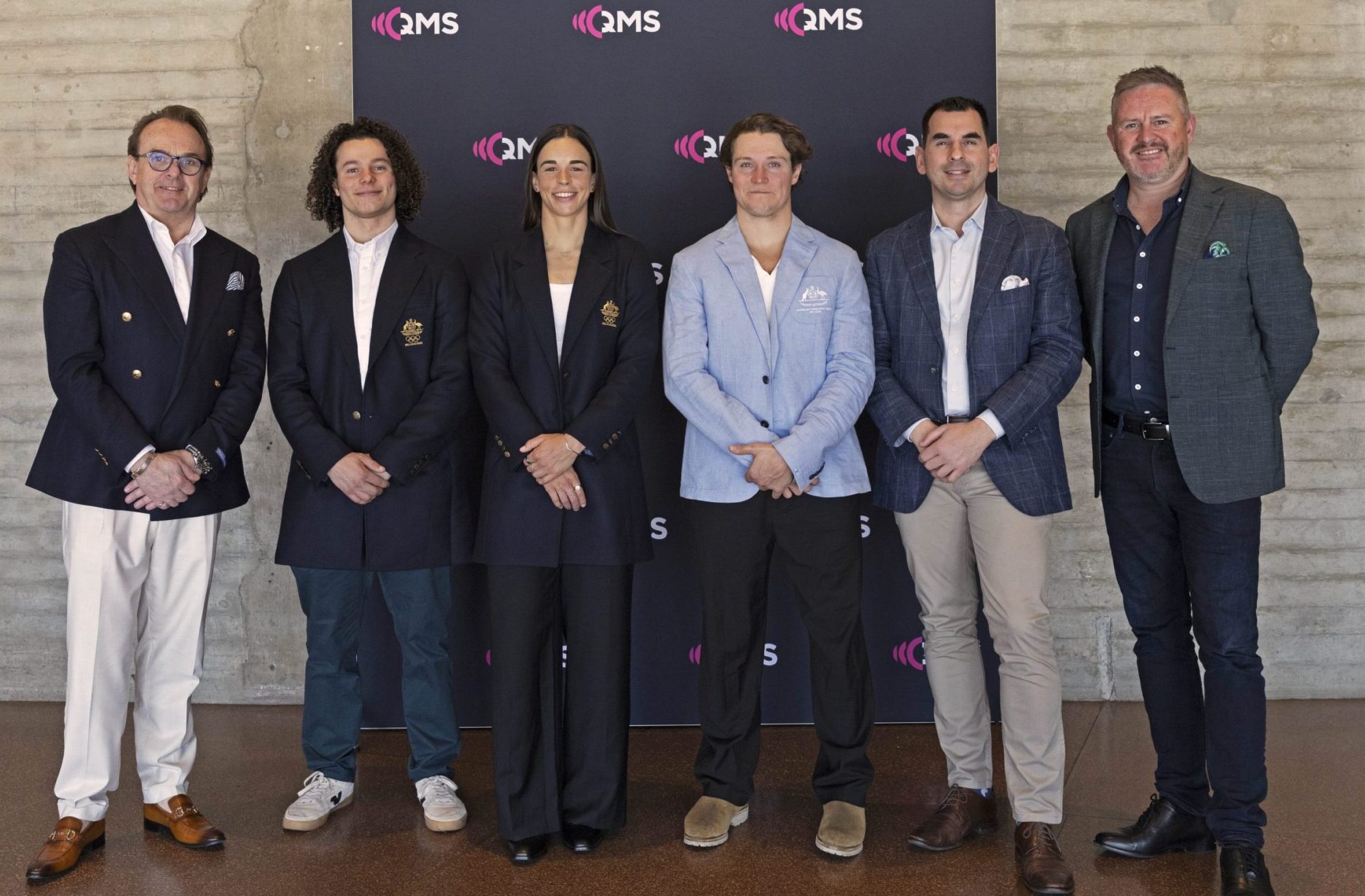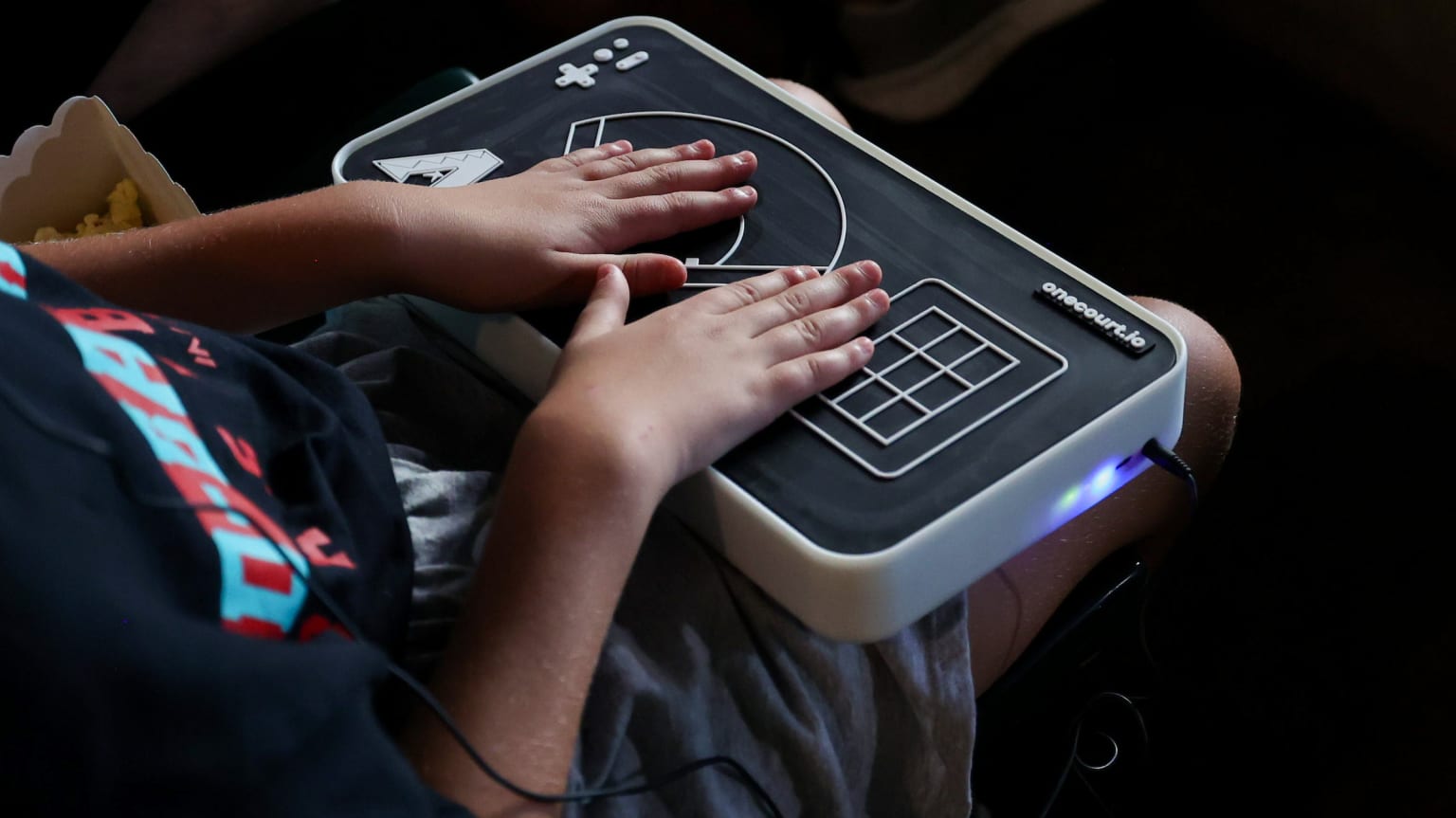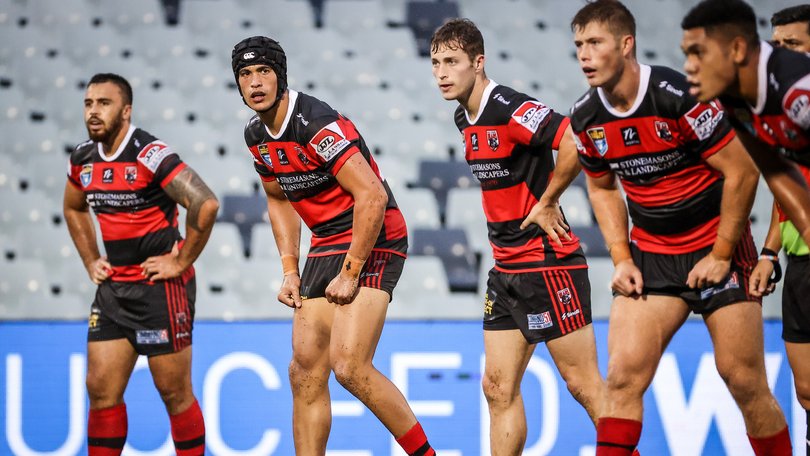[mkdf_dropcaps type=”normal” color=”#f55549″ background_color=””]T[/mkdf_dropcaps]
he AFL has announced the appointment of two executives tasked with leading the development, research, education, innovation, and governance of the AFL’s concussion strategy.
Turner Institute for Brain and Mental Health associate professor, Catherine Willmott, has been named the AFL’s head of concussion innovation and research and Monash Health’s Rachel Elliot has been named head of concussion and healthcare governance.
In her new role, Willmott will work to design and develop a multi-year research framework and action plan the AFL hopes will have national and international impact on prevention, identification, and management of concussion in sport.
In this role, Willmott will oversee AFL funded concussion research projects, establish the strategic research pillars, and monitor third party research project progress, evaluate ongoing quality of outcomes and their applicability to Australian football.
As the head of concussion and healthcare governance, Elliot will be responsible for coordinating AFL policy response to concussion and broader healthcare matters at the elite and community level, according to the league.
In doing so, she will continue to review and update the AFL’s concussion guidelines, match day regulations, and other key documents as part of the AFL’s concussion strategy.
AFL general counsel and executive general manager of game development, Andrew Dillon, said the two executive additions will boost the AFL’s research and management of concussion.
“Rachel and Catherine bring over 45 years combined experience to the AFL and their appointments strengthen our prevention, identification, and management of concussion in football,” Dillon said.
“The health and safety of our players is of paramount concern to the AFL and we are committed to further research and investment in this area.
“The two appointments and dedicated roles complement our continued action in this space over recent years including the strengthening of the match-day protocols and amendments to the laws of the game to discourage high contact, we are also using technology that is embedded in the ARC to provide another mechanism to identify potential concussive incidents that would not have otherwise been detected,” he said.
Elsewhere, the AFL has updated its guidelines for concussion management at all levels outside of the AFL and AFLW competitions for 2021, with community football set to implement a minimum 12-day post-concussion return period with relevant medical clearance required.
In announcing the changes, the AFL said the timeline for return to play in children and adolescents following concussion incidents is likely to be longer, with medical professionals ultimately set to determine when a player is ready to return to full-contact training and playing.
AFL chief medical officer, Peter Harcourt, said: “The focus must be on ensuring that players pass through each of the steps safely, without a recurrence of symptoms, rather than simply progressing through a schedule.”
“A player who shows symptoms or any signs of concussion during a match or training must be removed from the field of play and assessed and must not return to that match or training session.
“The next step is that the player must be assessed by a medical professional, then move through each of the steps in the guidelines, and finally receive medical clearance prior to returning to full-contact training,” Harcourt said.







